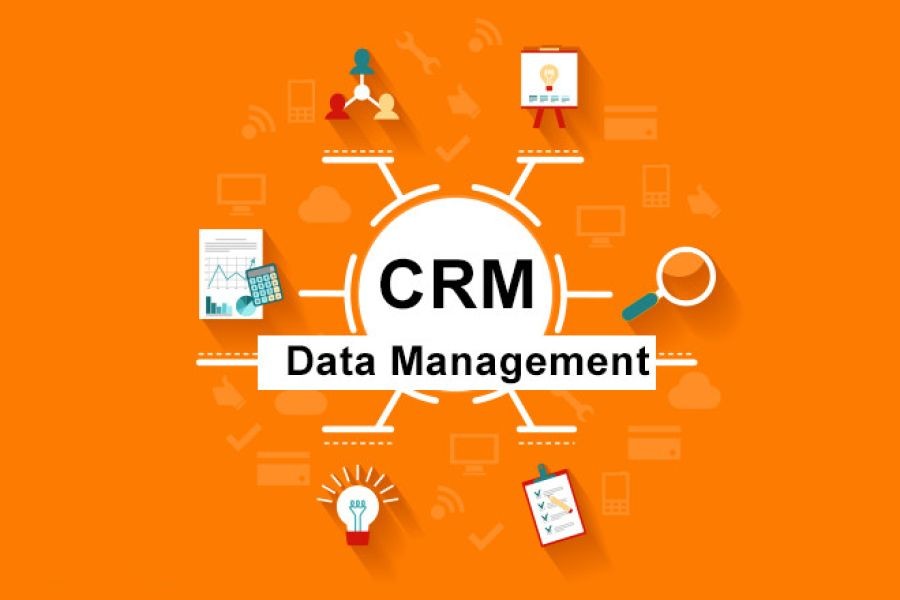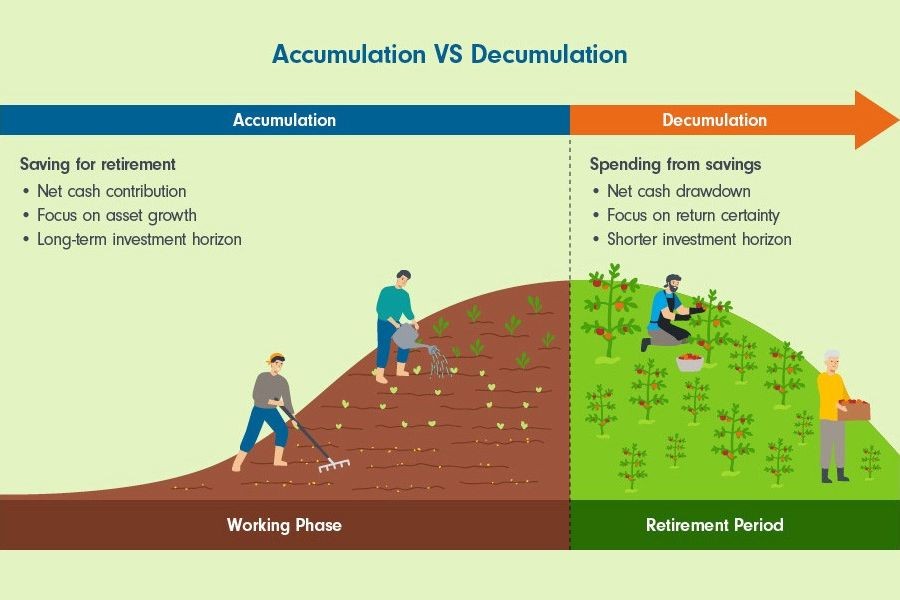Imagine this: A small business owner in Auckland is struggling to keep her customers engaged. Despite having a loyal customer base, her sales have stagnated, and new customer acquisition costs are soaring. She turns to CRM (Customer Relationship Management) data to find a solution, and within months, her business experiences a 30% increase in customer retention and a 20% boost in revenue. This is not just a hypothetical situation but a reality for many businesses that leverage CRM data effectively.
Understanding the Importance of CRM Data
In the age of digital transformation, CRM systems have become indispensable tools for businesses worldwide. In New Zealand, where the service sector accounts for over 70% of the GDP (Stats NZ, 2023), optimizing customer interactions is critical. CRM data offers insights into customer behavior, preferences, and buying patterns, enabling businesses to tailor their marketing strategies and enhance customer experiences.
The New Zealand Context
New Zealand's unique market dynamics, such as its geographic isolation and small population, demand a personalized approach to customer relationships. With a growing emphasis on digital engagement, local businesses are increasingly turning to CRM data to stay competitive. According to a report by the Ministry of Business, Innovation, and Employment (MBIE), digital transformation is expected to add 1.2% to GDP growth annually by 2025, with CRM playing a pivotal role.
Key Benefits of Utilizing CRM Data
CRM data can revolutionize customer experience and marketing strategies in several ways:
- Enhanced Customer Segmentation: By analyzing CRM data, businesses can segment customers more effectively based on demographics, purchase history, and behavior.
- Personalized Marketing Campaigns: Tailored marketing messages increase engagement and conversion rates. Personalized emails, for example, have been shown to generate six times higher transaction rates (Source: McKinsey & Company).
- Improved Customer Service: CRM systems provide a 360-degree view of the customer, enabling service teams to resolve issues swiftly and efficiently.
- Predictive Analytics: Leveraging CRM data for predictive analytics helps in forecasting customer needs and trends, allowing for proactive engagement.
Case Study: A New Zealand Success Story
Case Study: Kiwi Retailer – Revamping Customer Experience
Problem: A New Zealand-based retail chain faced declining in-store sales and customer dissatisfaction. With increasing competition from online retailers, the company struggled to maintain its market share.
Action: The retailer integrated CRM data with advanced analytics to understand customer preferences. They launched personalized promotions and revamped their loyalty program based on insights gained from CRM data.
Result: Within a year, the retailer saw a 25% increase in customer retention and a 15% rise in average transaction value. The loyalty program's participation grew by 40%, and customer satisfaction scores improved significantly.
Takeaway: This case study highlights the power of CRM data in transforming customer experience. New Zealand businesses can replicate this success by adopting a data-driven approach to customer engagement.
Pros and Cons of CRM Data Utilization
Pros:
- Higher ROI: Businesses using CRM data effectively have reported 30-50% higher revenue due to improved customer engagement.
- Proven Effectiveness: Supported by real-world case studies and industry-backed data, CRM systems are crucial for modern businesses.
- Long-Term Benefits: Leads to better sustainability and competitive advantage by fostering strong customer relationships.
- Scalability: Easily adaptable for small businesses and enterprises alike, providing flexibility in implementation.
Cons:
- Initial Costs: Implementing a CRM system requires upfront investment and ongoing maintenance.
- Complexity: CRM systems can be complex, requiring training and expertise to manage effectively.
- Data Privacy Concerns: Handling customer data responsibly is critical to avoid legal issues and maintain trust.
Debunking Common Myths About CRM
Despite its benefits, several misconceptions surround CRM systems:
Myth: "CRM is only for large companies."
Reality: CRM systems are scalable and can be customized to fit the needs of small and medium-sized businesses, providing significant value regardless of company size.
Myth: "CRM is just a fancy contact database."
Reality: Modern CRM systems offer advanced analytics, automation, and integration capabilities far beyond simple contact management.
Myth: "CRM implementation is too complex."
Reality: With cloud-based solutions and user-friendly interfaces, implementing a CRM system is more accessible than ever, with many vendors offering tailored support and training.
Future Trends and Predictions in CRM
Looking ahead, the CRM landscape is set to evolve with emerging technologies:
- AI-Driven Insights: Artificial intelligence will play a significant role in CRM, offering predictive insights and personalized customer interactions.
- Omnichannel Integration: Seamless integration across various customer touchpoints will become standard, enhancing the overall customer experience.
- Focus on Data Privacy: As data privacy regulations tighten, businesses will need to prioritize secure data management practices.
According to a report by Deloitte, AI-powered CRM systems are expected to increase business productivity by 40% by 2027, highlighting the strategic importance of investing in these technologies.
Conclusion
CRM data is a powerful tool for improving customer experience and marketing in New Zealand's dynamic business environment. By leveraging CRM systems, businesses can gain valuable insights, personalize their marketing efforts, and ultimately enhance customer satisfaction and loyalty.
As you consider implementing or optimizing your CRM strategy, remember to:
- Start with a clear understanding of your customer data and objectives.
- Invest in training and support to ensure successful CRM adoption.
- Continuously analyze and refine your strategies based on CRM insights.
What’s your next move in leveraging CRM data for your business? Share your thoughts and experiences in the comments below!
People Also Ask
How does CRM data impact businesses in New Zealand?
NZ businesses leveraging CRM data report 25%+ higher customer retention, according to MBIE. Adopting this strategy can enhance engagement and revenue.
What are the biggest misconceptions about CRM systems?
One common myth is that CRM is only for large companies. However, research shows CRM systems are scalable and valuable for businesses of all sizes.
Related Search Queries
- CRM systems for small businesses in New Zealand
- Customer experience trends in 2024
- How to improve customer retention with CRM
- AI in CRM systems
- Data privacy regulations in New Zealand



































DorethaChu
7 months ago